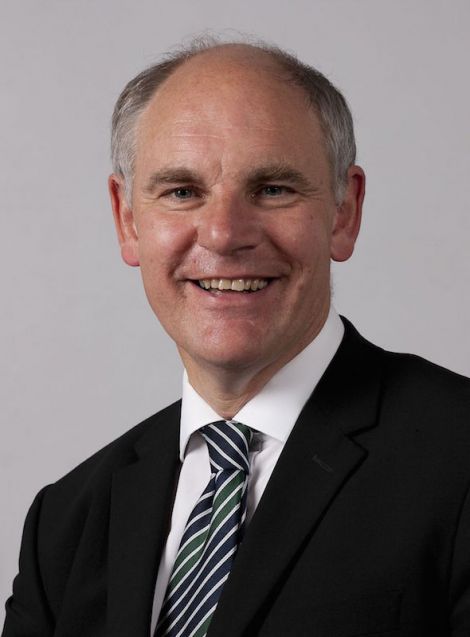Viewpoint / Preserving lives and livelihoods
The new drink-driving limit has a detriment effort on Scotland’s vital food and drink sector, writes David Richardson, the Highlands and Islands development manager for the Federation of Small Businesses (FSB).
This year, Scotland’s growing reputation as a place to enjoy outstanding natural produce prepared and presented to perfection is being celebrated in a “Year of Food & Drink”. We have a lot to celebrate.
To our meat, seafood and fruit can be added locally-produced craft beers and, of course, whisky. The importance of food and drink to the Scottish economy is consistently highlighted in VisitScotland’s research.
“Trying local food” lies second on the to-do list, especially for overseas visitors, and “nights out/visiting pubs” and “visiting whisky distilleries” figure prominently.
Of course, pubs, bars and restaurants also have vital roles to play in the fabric of their communities, acting as social centres – places to go to relax and unwind.
So, is all well in our food and drink sector? Sadly, the answer is no, for just as Scotland’s alcoholic drinks can be a real delight, so, taken irresponsibly, can they cause death and disaster.
The lowering of the Scottish drink-drive limit in December was accompanied by the warning that the only way to ensure that drivers stay within the limit is to drink “no alcohol at all” and, if they do drink, not to drive the next morning.
This was seen as a breakthrough in the fight to save lives. However, every action has a reaction and the law of unintended consequences has a tendency to kick in when least expected.
Since December, many Scottish pubs and restaurants have seen a significant drop in revenue as a direct result of the new limit, variously quoted as between 10 per cent and 30 per cent.
Become a member of Shetland News
One very successful, award-winning restaurant owner in the northern Highlands told me that he has had to pay off four staff and is seriously considering closing down.
This is a nationally significance issue, for in a report published last month, Donald MacRae, the Bank of Scotland’s chief economist, observed that it had been a poor month for the Scottish private sector as a whole and that the new drink-driving law was partly responsible as it had forced people to alter their drinking habits.
Clearly, saving lives is paramount, but preserving local jobs and economies and the social hearts of our communities matters enormously too.
Many licensed premises are already adapting by making themselves more appealing to people who cannot now drink, for example by providing incentives to designated drivers.
Private transport operators are also taking advantage of the new opportunities and many are collaborating with restaurants and pubs to provide a coordinated service, though this is obviously harder in rural areas where taxis are scarce.
Hard-pressed pubs and restaurants are also consulting their local Business Gateway Advisors to see what help and advice they can provide, and the public can also help support these businesses while they adapt by making more use of them.
However, it is to be hoped that the Scottish Government and local authorities will take note and see what they can do to both preserve lives and livelihoods, local economies and community assets.
The bottom line is that pubs, bars and restaurants matter to the Highlands and Islands and we really cannot afford to lose them.
David Richardson worked at the Saxa Vord holiday resort, in Unst, between 2006 and 2008.
Become a member of Shetland News
Shetland News is asking its readers to consider paying for membership to get additional perks:
- Removal of third-party ads;
- Bookmark posts to read later;
- Exclusive curated weekly newsletter;
- Hide membership messages;
- Comments open for discussion.
If you appreciate what we do and feel strongly about impartial local journalism, then please become a member of Shetland News by either making a single payment, or setting up a monthly, quarterly or yearly subscription.





























































